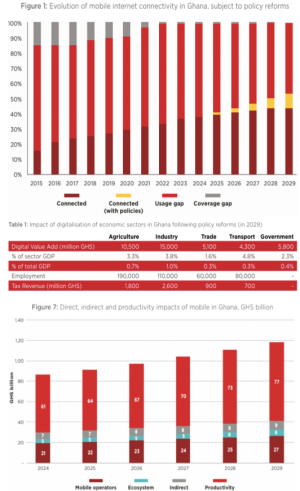
By Ebenezer Chike Adjei NJOKU
The nation’s push to accelerate digital transformation has a potential of adding more than GH¢40billion to the economy within the next four years, creating nearly half a million jobs and boosting fiscal revenues by more than GH¢6billion, according to a new report by the GSMA.
The study, Driving Digital Transformation of the Economy in Ghana – published in September 2025, argued that if government implements bold policy reforms, digitalisation could emerge as a key driver of long-term economic growth.
It identified agriculture, industry, trade, transport and government as the sectors most likely to benefit from adoption of digital technologies.
“Digitalisation is a key driver of economic growth with the potential to support Ghana in its pursuit of shared prosperity,” the report noted, adding that mobile broadband, mobile money and digital platforms can be harnessed to deliver higher productivity and more efficient service delivery.
Job creation, fiscal Impact
The report estimates that digitalisation could generate around 440,000 new jobs by 2029, with the largest gains being in agriculture and industry. In agriculture, digital tools such as precision farming and mobile-based extension services could contribute GH¢10.5billion in value and create 190,000 jobs.
Industry could see GH¢15billion in added value and 110,000 new jobs, driven by the adoption of technologies such as cloud computing, artificial intelligence and automation.
In trade, digital platforms and e-commerce are expected to deliver GH¢5.1billion in added value, alongside 60,000 jobs. Transport and logistics could account for GH¢4.3billion and 80,000 jobs, with digital port systems and automated customs processes helping to improve efficiency and reduce revenue leakage.

Digitalising government services, particularly tax collection and social protection transfers, is projected to contribute GH¢5.8billion.
The report also highlighted the fiscal dividend, forecasting that combined tax revenue from digitalisation across the key sectors could exceed GH¢6 billion by 2029. Industry alone could yield GH¢2.6billion in additional taxes while agriculture could deliver GH¢1.8billion. Meanwhile, trade and transport could contribute GH¢900million and GH¢700million respectively.
Reset Agenda, Policy Direction
Digitalisation has been identified as a central pillar of the current administration’s RESET agenda, which aims to achieve a “digitally inclusive and data-driven economy”.
Recent initiatives include repealing the E-Levy; launching the One Million Coders Programme to equip young people with digital skills; and drafting a National Digital Transformation and Emerging Technology Strategy.
The GSMA report stressed that to unlock these projected gains, government must press ahead with comprehensive reforms; particularly in the telecommunications sector.
These include reducing sector-specific taxes, improving spectrum allocation and technology neutrality, supporting universal access and modernising regulation to encourage adoption of emerging technologies.
Already, government has confirmed plans to merge AT Ghana (formerly Airtel-Tigo) with Telecel Ghana in a bid to stem mounting losses – estimated at over US$10million within eight months – and create a stronger competitor to MTN, which controls more than 75 percent of the market.
Minister for Communications, Digital Technology and Innovations, Samuel Nartey George, said the merger would safeguard all 300 permanent AT employees with contracts continuing under the new entity, while more than 3.2 million AT subscribers have already been migrated to Telecel through a national roaming arrangement.
The integration will proceed in three phases: technical migration, human resource alignment and commercial restructuring – backed by a US$600million investment over four years, financed partly through spectrum sales and private co-investment. Government believes consolidation will reduce duplication, cut costs and ensure long-term viability for a sector crucial to the nation’s digital ambitions.
“Ghana’s RESET agenda provides the perfect framework for digital-led growth. Our report shows that by addressing specific policy barriers – from spectrum allocation to device affordability – we can connect millions more Ghanaians while positioning the country as West Africa’s premier digital hub. The mobile industry stands ready to partner with government in making this transformation a reality,” noted Angela Wamola, Head of Africa at GSMA.
Ghana already has comparatively affordable data in Africa, with the cost of a basic package at 1.5 percent of Gross National Income (GNI) per capita, compared with a continental average of 4.5 percent.
However, a wide usage gap persists, as only 37 percent of the population currently uses mobile internet despite near-universal 3G and 4G coverage. Closing this gap is considered critical to realising economic benefits outlined in the report.
Regional positioning
The study placed Ghana among Africa’s better-performers in digitalisation, ranking ahead of Nigeria and Rwanda in the GSMA’s Digital Nations and Society Index.
It noted that the nation’s strong foundation in digital government services, mobile money penetration and telecoms infrastructure positions it to become a leading digital hub in West Africa.
Nevertheless, market imbalances and regulatory weaknesses remain a concern as MTN commands a significant share of registered subscribers, while rivals Telecel and AT lag in 4G coverage and market penetration.
The report noted that without stronger competition and more efficient universal service funding, analysts warn digital progress could remain uneven, .
Investment imperatives
the importance of sustained investment in digital infrastructure was underscored in the report. Operators are expected to invest about US$150million in network improvements this year, under government directives aimed at enhancing service quality.
Longer term, a clear spectrum roadmap, reforms to the Universal Service Fund and policies to expand rural connectivity will be essential to attracting private investment.
For businesses, these findings reinforced the need to prepare for a more digitalised economy. Sectors such as manufacturing and logistics are expected to undergo significant transformation.
Small- and medium-sized enterprises will face new opportunities and competitive pressures from e-commerce and cross-border digital trade under the African Continental Free Trade Area, the report highlighted.
The post Digitalisation could add GH¢40bn to economy by 2029 – GSMA report appeared first on The Business & Financial Times.
Read Full Story


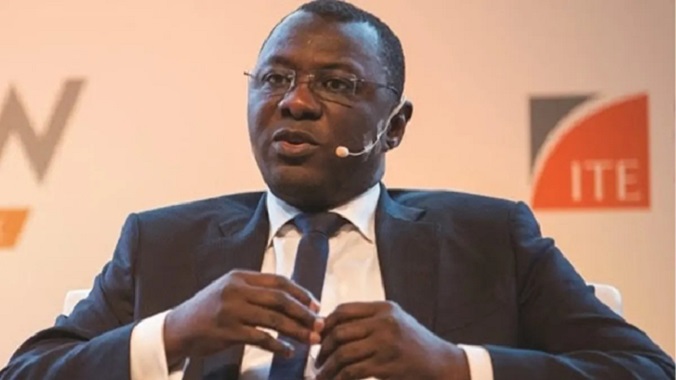

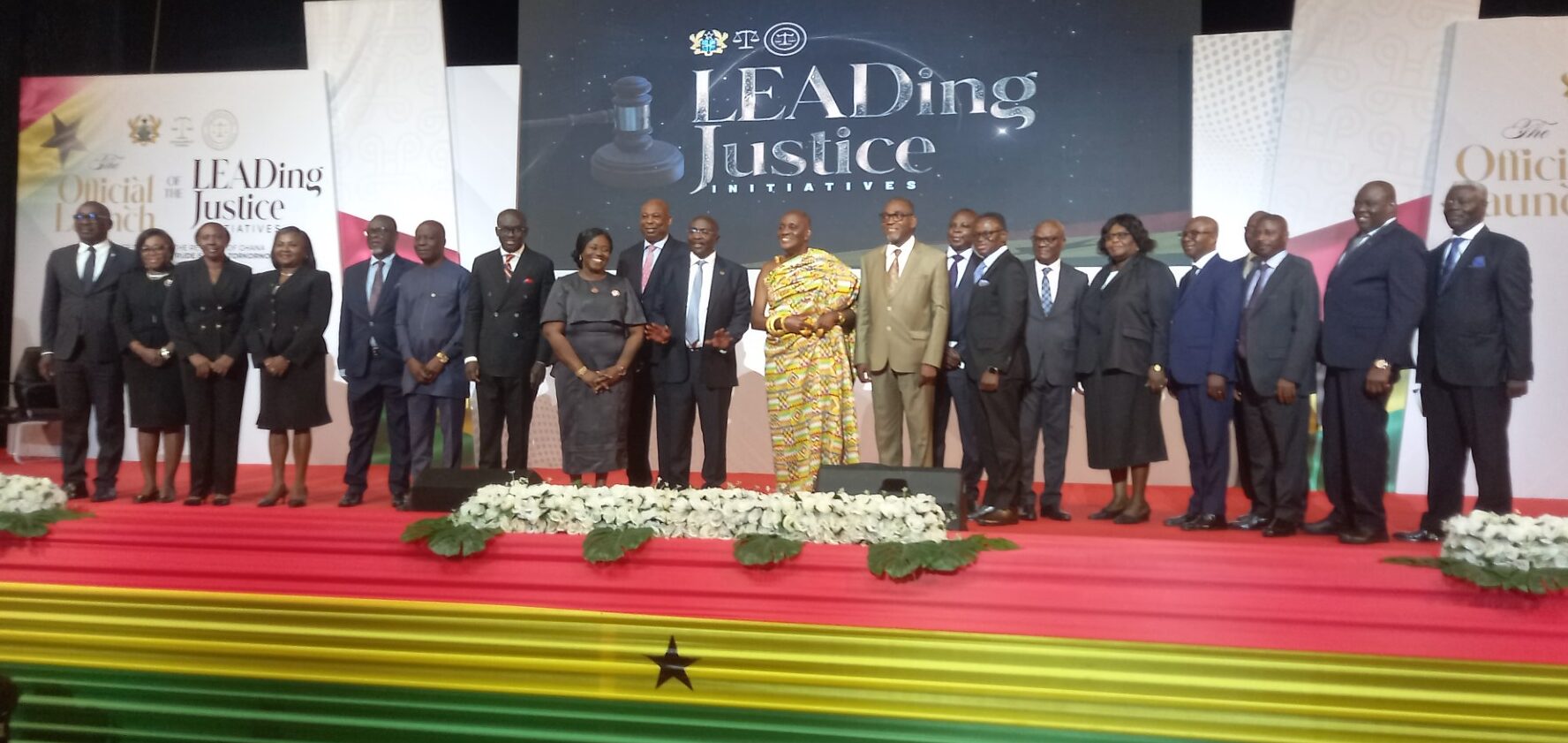



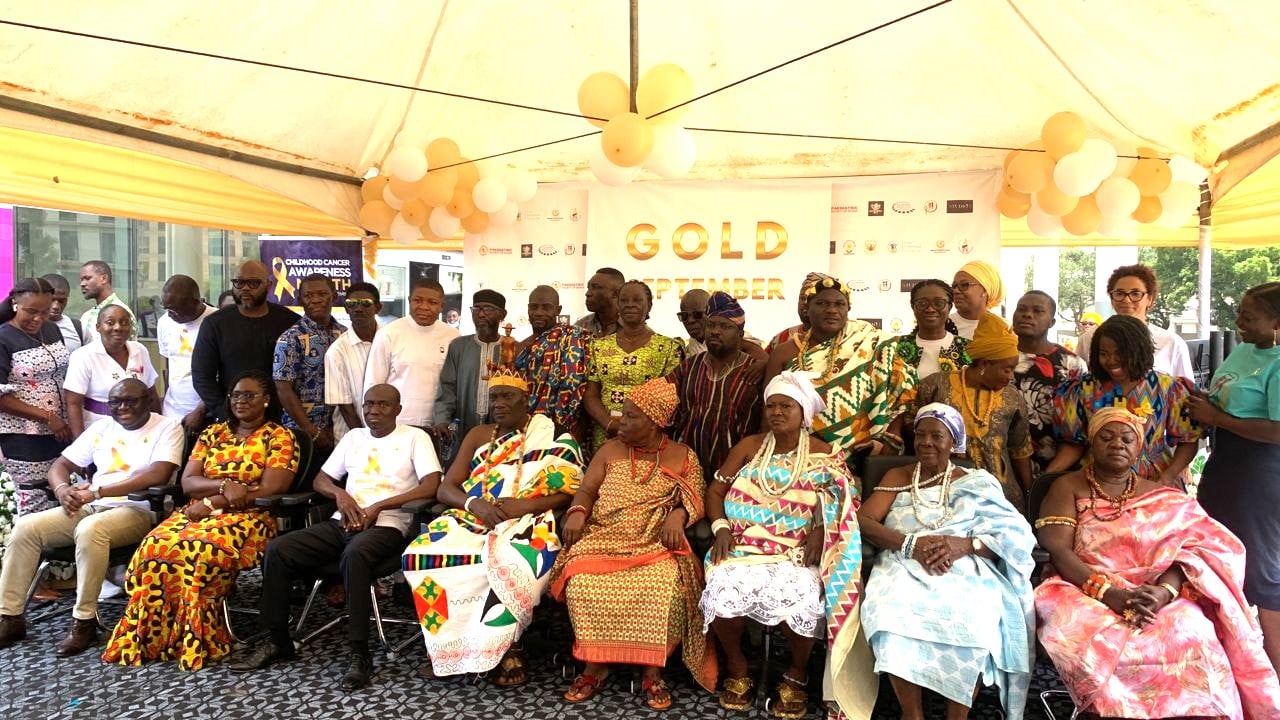

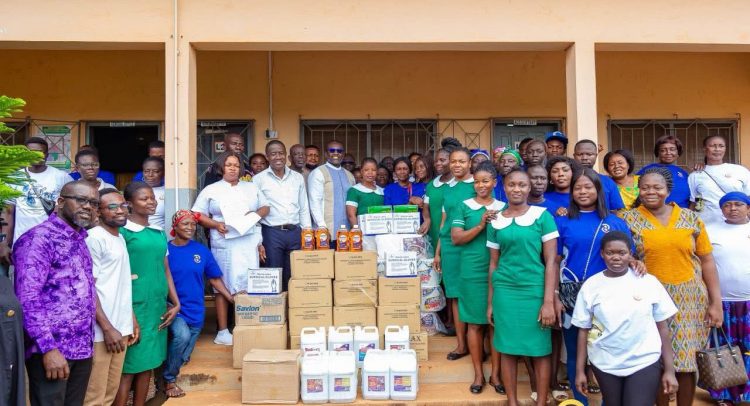






Facebook
Twitter
Pinterest
Instagram
Google+
YouTube
LinkedIn
RSS